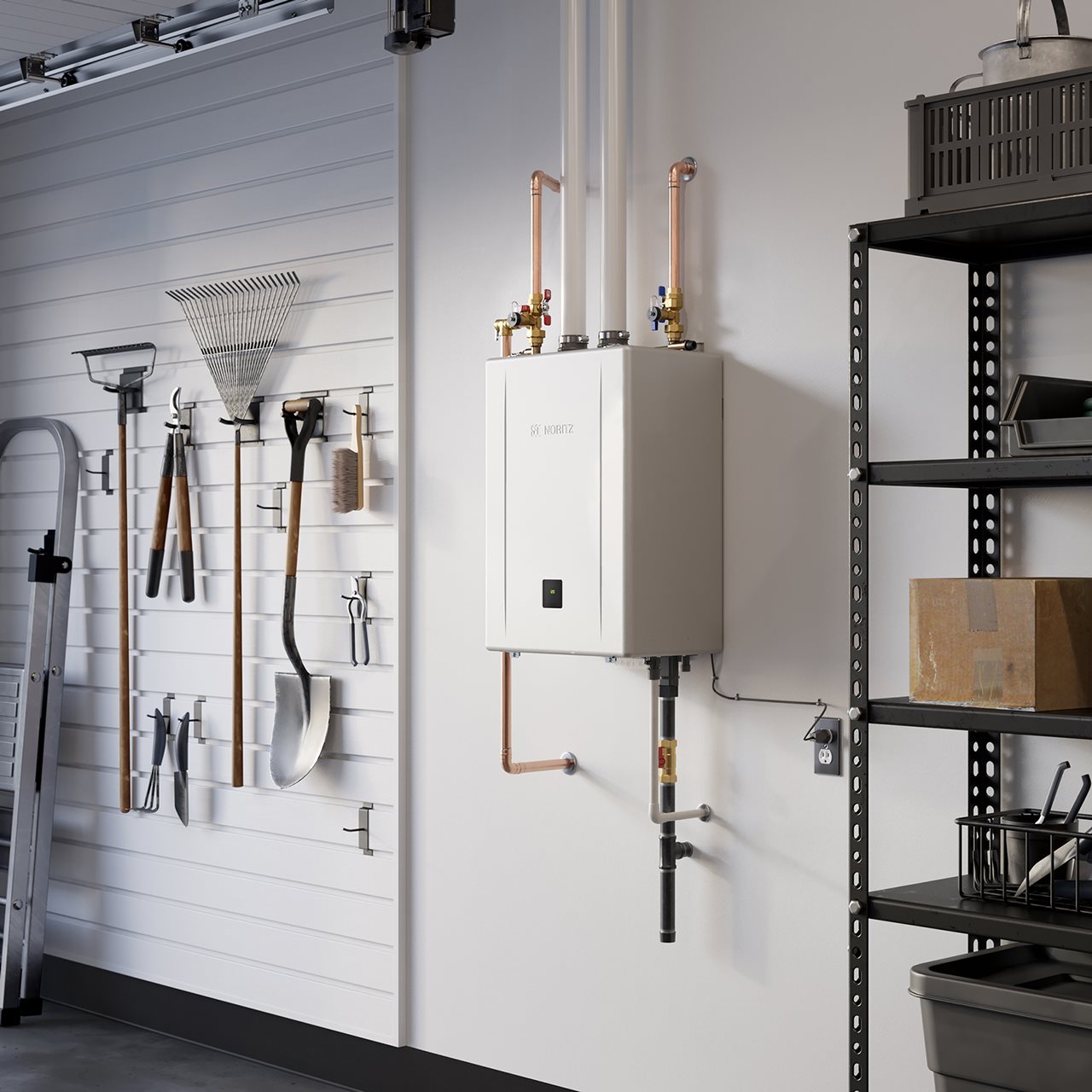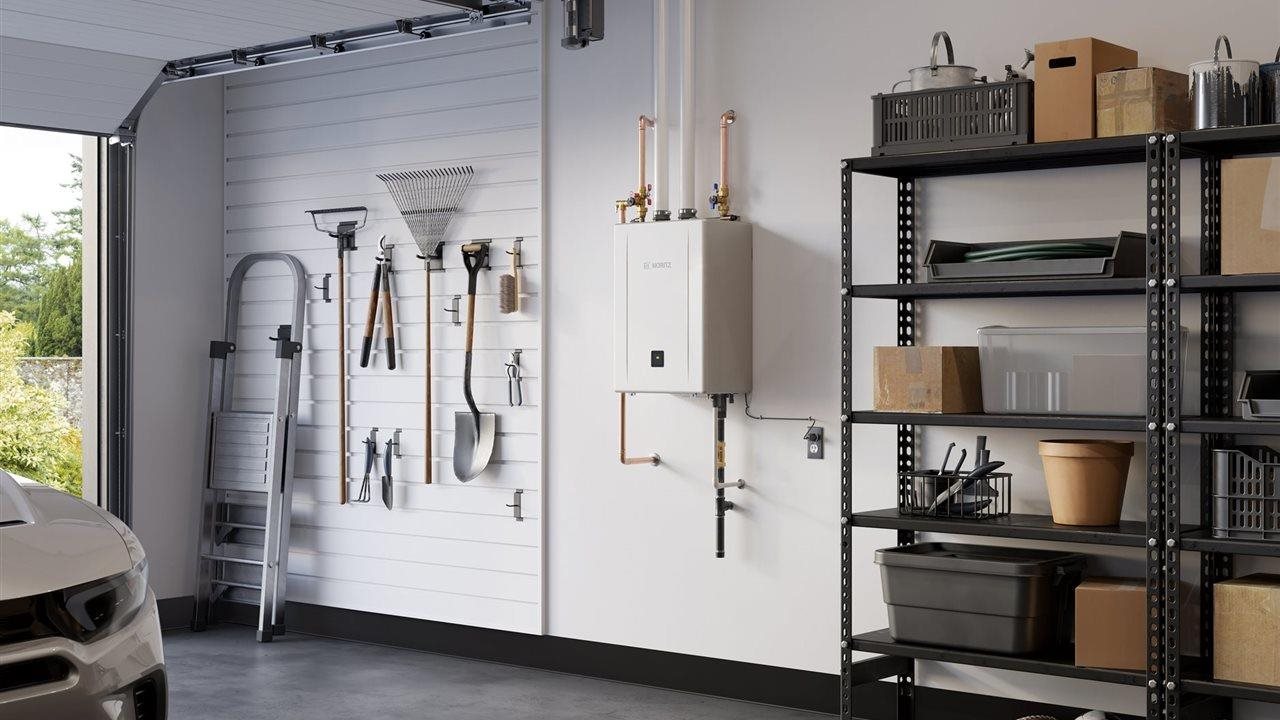As home prices continue to rise, many homeowners are choosing to stay and put their time and money into renovating their existing homes. According to a survey by This Old House, 48% of homeowners have renovation plans for 2025. Of those planning to renovate, two groups stand out: millennials and baby boomers.
Two generations with different priorities
When broken down by generation, millennials are leading the home renovation trends. In fact, the survey found that of those homeowners planning to renovate, millennials made up 60% of the group.
Millennial home renovations are largely focused on making their current home match their lifestyle with projects that boost home enjoyment, style and quality of life.
While boomers are less likely to pursue home renovations, their requests for age-in-place (AIP) renovations are on the rise. According to an article by the National Association of Home Builders, 75% of industry leaders say that requests for AIP features have significantly or somewhat increased in the last five years. Also, 56% of remodelers are currently involved in home modification work relating to AIP.
Renovations all generations agree are important
Regardless of age, This Old House found that the most common spaces homeowners plan to improve are bathrooms (53%) and kitchens (51%), two high-traffic areas. Because these areas see the most use, bathroom and kitchen renovations can improve homeowners' daily comfort and boost a home's value.
Another feature that younger and older generations are prioritizing is utility upgrades. America's housing stock is aging — with the median age of owner-occupied homes sitting at 41 years — and with it, major system replacements have become more common. For example, according to a Houzz report, nearly 30% of 2022 renovators replaced plumbing systems, often including installing new water heaters.
This isn't surprising since conventional tank water heaters generally last about 6-12 years. That's why many homes built in the mid-2000s are now due for replacement of their original systems.
How tankless water heaters make bathroom and kitchen renovations simpler
Given that bathroom and kitchen renovations are top projects for younger and older homeowners, replacing a water heater is essential. While homeowners could replace their old conventional water heater with a similar yet newer model, a more energy-efficient option is a tankless water heater.
As the name suggests, tankless water heaters don't require a storage tank that must be continuously heated. Instead, tankless water heaters like Noritz EZ Series Pro models flash-heat water on demand.

With a tankless water heater, homeowners will never run out of hot water, and they can save on utility costs. According to the U.S. Department of Energy, for homes that use 41 gallons or less of hot water daily, on-demand water heaters can be 24%–34% more energy efficient than conventional storage tank water heaters. For homeowners who want to save money, run a more eco-friendly house or both, a tankless water heater can help them achieve this critical home upgrade.
There are other home renovation benefits that tankless water heaters offer. They take up less space than a tank water heater — leaving more room for other renovations — are easy to install and have a longer life expectancy. Compared to storage water heaters that last 10-15 years, tankless water heaters can last more than 20 years. Because of their modular design and easily replaceable parts, a tankless water heater can last even longer. To learn more about tankless water heaters, visit Noritz.com.
Hot water on demand without breaking the bank
One thing homeowners should keep in mind when considering a tankless water heater is the cost. Installing a tankless water heater is a long-term investment that can net homeowners savings, but it's also a pricy upfront cost. That said, some programs can make this home upgrade more affordable.
"Many homeowners don't know that there are local, state and federal agencies that offer rebates and tax credits for energy-efficient upgrades," said Emily Logan, Director, Utility Data and Programs at EcoRebates. "By taking advantage of these programs, homeowners can save on their water heater upgrade, leaving more money for other home renovations."
That said, it's important to look into rebates and tax credits now. Some federal energy tax incentives, like the Section 25D Residential Clean Energy Credit and Section 25C Energy Efficient Home Improvement Credit, will be phased out after Dec. 31, 2025. If you're a homeowner who is considering upgrading your bathroom and kitchen with a tankless water heater, visit Noritz.com/rebates to find applicable savings programs.



